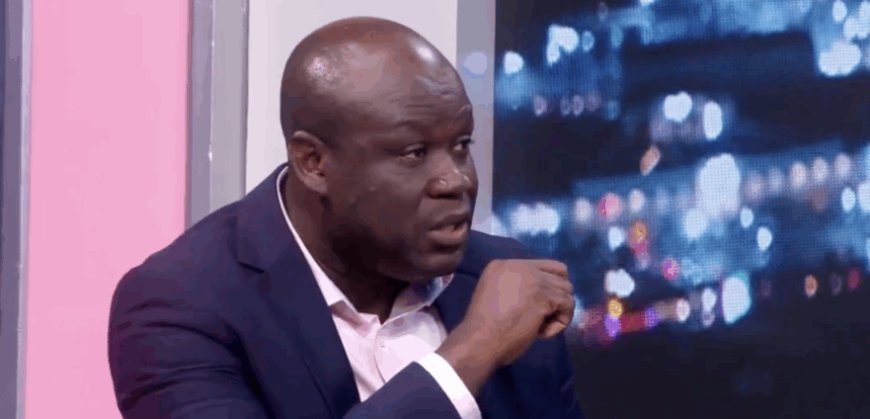24-Hour Economy Without Cheaper Power and Credit Is a Mirage – GNCCI Boss
The President of the Ghana National Chamber of Commerce and Industry (GNCCI) has cautioned that the government’s proposed 24-hour economy will remain a dream unless urgent steps are taken to reduce electricity costs and improve access to affordable credit for businesses.

The President of the Ghana National Chamber of Commerce and Industry (GNCCI), Clement Osei-Amoako, has cast doubt over the viability of Ghana's proposed 24-hour economy, describing it as a “mirage” unless the government addresses two fundamental challenges: the high cost of electricity and the limited access to affordable credit.
Speaking at a recent stakeholder engagement in Accra, Mr. Osei-Amoako emphasized that while the concept of a round-the-clock economy has the potential to boost productivity, create jobs, and drive economic growth, it cannot be effectively implemented in the current environment of high utility tariffs and stringent lending conditions.
“You cannot run factories and commercial operations 24 hours a day if you’re paying some of the highest electricity tariffs in the sub-region,” he said. “Likewise, businesses cannot expand operations without access to reasonably priced capital.”
The GNCCI boss urged the government to focus on reducing the cost of power through renewable energy investments, renegotiation of power purchase agreements, and stabilizing the national grid. Additionally, he called on the Bank of Ghana and commercial banks to make credit facilities more accessible to micro, small, and medium-sized enterprises (MSMEs), which he described as the backbone of the economy.
The 24-hour economy has been championed by former President John Mahama as a key campaign policy for Ghana’s economic transformation. While the idea has received support from segments of the public, critics say it lacks a clear roadmap, especially in terms of infrastructure, human capital, and financing.
Economists and industry stakeholders echo the GNCCI’s position, warning that without critical enablers like affordable energy, efficient transportation, and a stable macroeconomic environment, the 24-hour economy will remain theoretical.
As Ghana grapples with economic recovery and rising living costs, the success of any ambitious national policy like the 24-hour economy will depend heavily on the country’s ability to tackle its long-standing structural barriers.
What's Your Reaction?




















































































